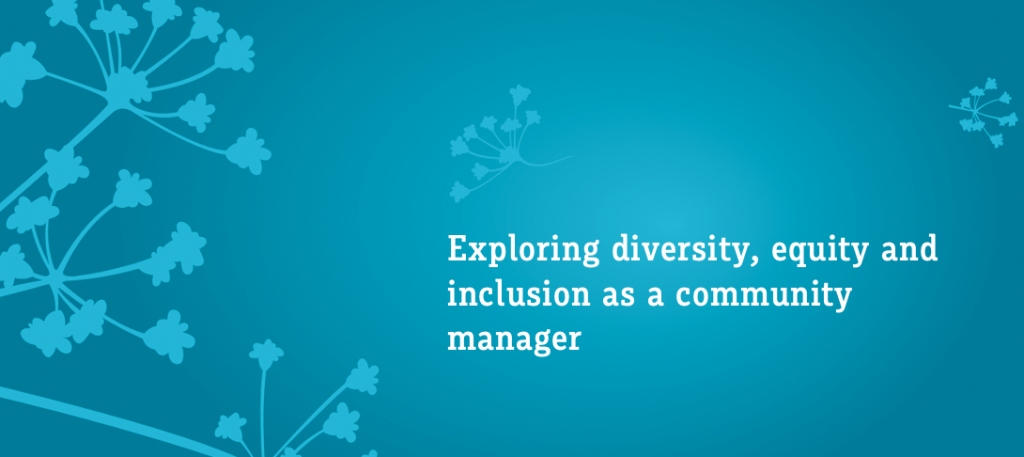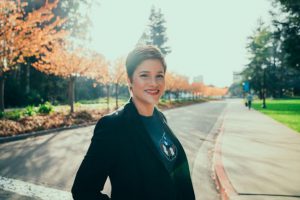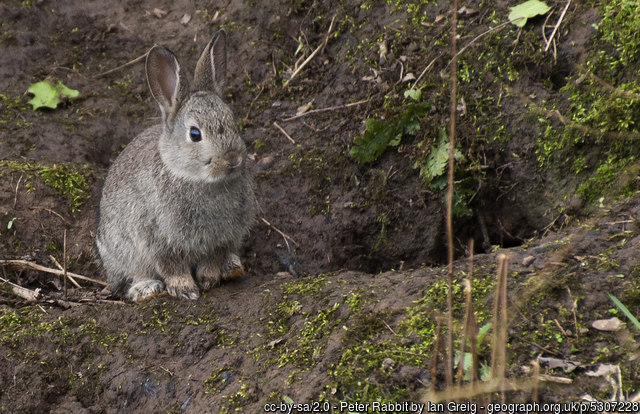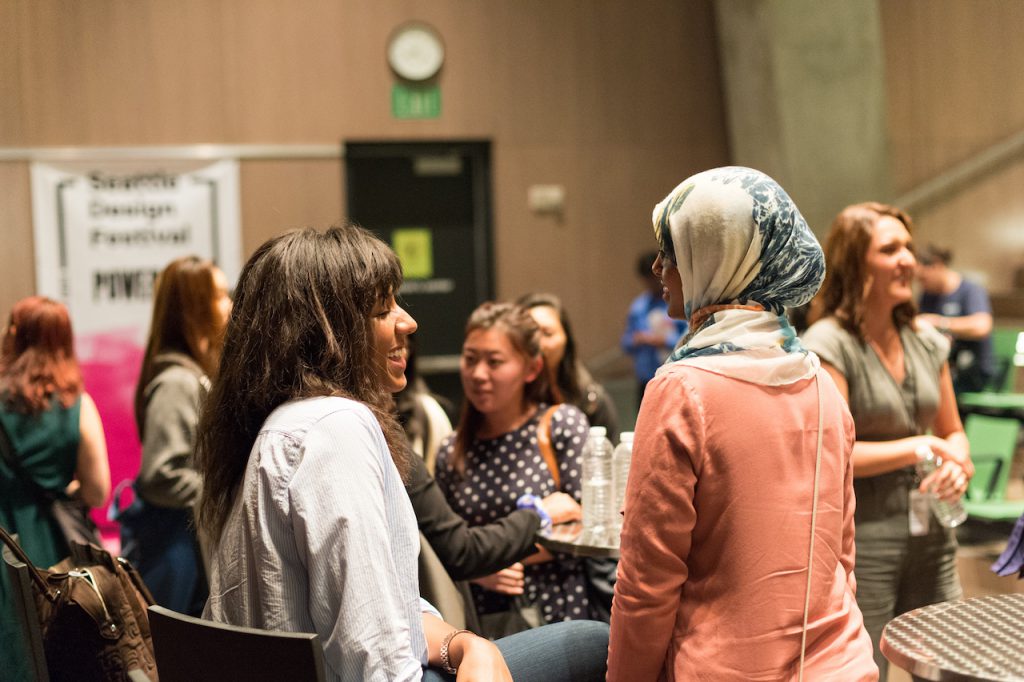The COVID-19 pandemic transformed virtual events. Connecting online suddenly became the only way to convene groups large and small, for short meetings or multi-day conferences, and community managers often found themselves developing new meeting formats or learning to use new platforms and tools.
Fast forward to June 2023, and a lot has changed. Platforms have evolved (and sometimes dissolved), event organizers have mastered their own suites of engagement tools, and, as participants, we’re more seasoned (although “you’re on mute!” remains a frequent refrain in Zoom meetings!).
We’ve also gained a much deeper appreciation for what it means to host a truly accessible online event. While online events opened up spaces to many people who’d previously been excluded (e.g., through reduced registration, travel, or childcare costs), for others, it made it even harder to participate.
In a new resource we’ve been working on with community members Rebecca Carpenter, Sara Kobillka, Casey Wright, Yanina Bellini Saibene, and Hao Ye, we offer 12 guiding questions to help you think about the ways that you could improve the accessibility of your community events. And in this blog post, we share our three top tips.
Continue reading “New CSCCE tip sheet highlights 12 guiding questions to improve the accessibility of your next virtual event”



